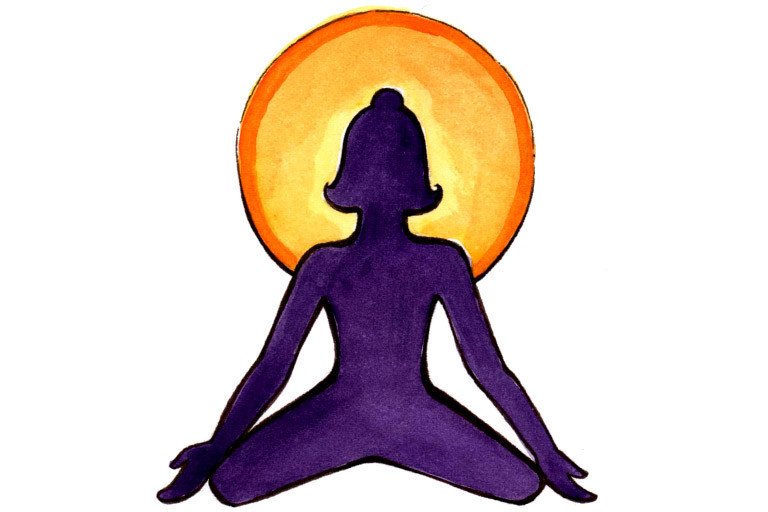Memorial Sloan Kettering Cancer
Wednesday, February 3, 2021
For Patients & Caregivers
Tell your healthcare providers about any dietary supplements you’re taking, such as herbs, vitamins, minerals, and natural or home remedies. This will help them manage your care and keep you safe.
How It Works
Ayurveda is a medical system that originated in India. Oral formulations, dietary and lifestyle changes, and yoga or meditation are the main components. Herbs such as curcumin have beneficial effects but should be used under supervision. Yoga and meditation help alleviate side effects associated with cancer and its treatments.
Derived from the Sanskrit words “ayur” (life) and “veda” (knowledge), Ayurveda dates back more than 3,000 years. Treatment is tailored to the individual and consists of oral formulations containing herbal, mineral, spice, and animal components; cleansing practices; dietary and lifestyle changes; and improving mental balance through yoga or meditation.
Commonly used herbs in Ayurveda, such as ashwagandha (Withania somnifera), guggul (Commiphora mukul), boswellia (Boswellia serrata), gotu kola (Centella asiatica), curcumin (Curcuma longa), ginger (Zingiber officinale), aloe (Aloe barbadensis), and garlic (Allium sativum), exhibit antioxidant, antimicrobial, immunomodulatory, or anti-inflammatory properties.
Studies in humans however, are quite limited. Some data suggest various Ayurvedic formulations may be helpful for diabetes, knee osteoarthritis, or rheumatoid arthritis. However, additional studies are needed. One study of guggulipid to treat high cholesterol found it may actually raise cholesterol levels. Curcumin is among the most extensively studied, but positive findings on cancer preventive effects are preliminary.
Lifestyle changes and mind-body modalities are also a core component of Ayurveda. Yoga and meditation have been shown to help reduce symptoms associated with cancer and its treatments.











